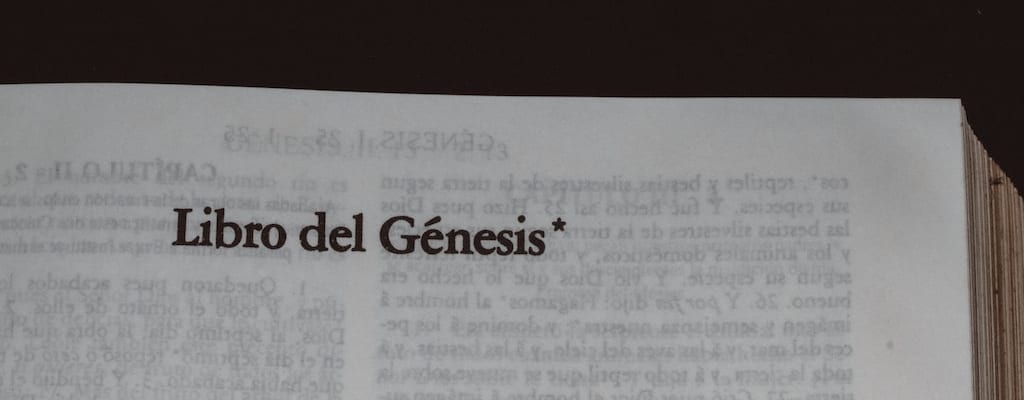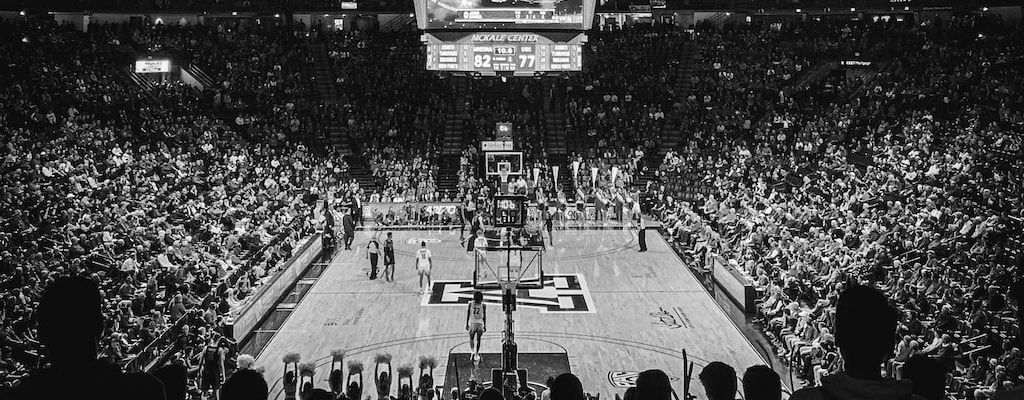down on one’s luck: Idiom Meaning and Origin
What does ‘down on one's luck’ mean?
The idiom "down on one's luck" means having a period of misfortune or bad luck.

Idiom Explorer
The idiom "land on one's feet" means to recover or be successful after a difficult or challenging situation. It suggests being able to adapt and find a positive outcome despite the circumstances.
The idiom "in the wrong place at the wrong time" means being in a situation where something bad happens due to unfortunate timing or circumstances.
The idiom "hit someone when they are down" means to take advantage of or attack someone when they are already in a vulnerable or weakened state.
The idiom "have had one's chips" means to be defeated or to have failed, often resulting in a negative outcome or consequence. It is commonly used to express the idea of someone being at the end of their chances or opportunities.
An idiom that signifies something or someone considered to be a great blessing or stroke of luck, often seen as a divine or fortunate occurrence.
The idiom "get what's coming to one" means to receive the punishment or consequences that one deserves for their actions or behavior.
The idiom "fall on one's face" means to fail or make a mistake in a very obvious or embarrassing way.
The idiom "dumb luck" refers to a situation where someone achieves success or good fortune purely by chance or luck, without any skill or effort on their part.
Unfortunate Origins
The idiom "down on one's luck" is a commonly used phrase in the English language. It refers to a period of misfortune or bad luck that an individual is experiencing. Although the exact origins of this idiom are unclear, it has been used in various contexts for many years.
The phrase "down on one's luck" can be traced back to at least the 1800s. It is believed to have originated from the game of poker, where a player in a losing streak is referred to as being "down on their luck." This term later expanded to include any situation where an individual is facing a string of unfortunate events or circumstances.
The idiom "down on one's luck" is often used to describe someone experiencing financial difficulties. This could include being unemployed, struggling to make ends meet, or facing financial setbacks. It can also describe any situation where an individual is facing a series of unfortunate events or setbacks in different aspects of their life.
Furthermore, the idiom "down on one's luck" is closely related to the concept of luck itself. Luck is seen as an unpredictable force that can bring either success or failure. When someone is "down on their luck," it suggests that they are currently experiencing a period where luck is not in their favor.
In addition to "down on one's luck," there are other idioms related to this concept. One such idiom is "down on one's uppers," which is used to describe a person who is impoverished or destitute. This idiom emphasizes the financial struggles that someone who is "down on their luck" may be facing. They may be experiencing hard times and mischance, making it difficult for them to improve their situation.
Another related idiom is "devil's luck," which refers to a streak of incredibly bad luck. This idiom suggests that the individual's misfortune is so extreme that it almost feels as if they are cursed. It further emphasizes the unfortunate circumstances that someone who is "down on their luck" may be dealing with.
Lastly, the phrase "down and out" is another related idiom. It is used to describe someone who is utterly defeated and without hope. This idiom conveys a sense of complete despair and lack of options. It highlights the emotional toll that a prolonged period of misfortune can have on an individual who is "down on their luck."
It is worth noting that the idiom "down on one's luck" is commonly used in both formal and informal contexts. It can be found in literature, movies, and everyday conversations. Its versatility and widespread usage make it a well-known phrase among English speakers.
The idiom "down on one's luck" refers to a period of misfortune or bad luck that an individual is experiencing. Although its exact origins are uncertain, it is believed to have emerged in the 1800s and has been used in various contexts ever since. This phrase is often used to describe financial difficulties or a series of unfortunate events. Its widespread usage and versatility make it a familiar phrase in the English language.
Example usage
Examples of how the idiom "down on one's luck" can be used in a sentence:
- Alice has been down on her luck lately, losing her job and her car breaking down.
- John was down on his luck after his failed business venture, struggling to make ends meet.
- The homeless man I saw on the street looked down on his luck, wearing torn clothes and pushing a shopping cart with his belongings.
More "Misfortune" idioms



